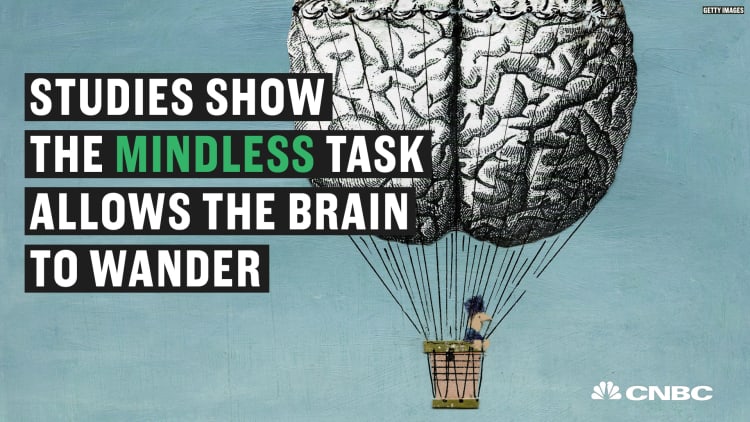When Bill Gates spoke with college students recently about America's financial aid system, it sounded like they were describing a horror film. The students used words like "scary," "nerve-wracking" and "miserable."
Writing about the experience in a recent blog post, Gates argues that there are several things that could make applying for financial aid less terrifying, but there is one that stands out — fixing the Free Application for Federal Student Aid, better known as the FAFSA.
"Each year, the U.S. government offers more than $120 billion in federal grants, loans, and work-study funds to help students pay for college," he writes. "But the overly complex and confusing financial aid system is failing the students most in need of assistance, preventing them from pursuing their dreams of attending college."
In order to earn their share of these funds, students must complete the FAFSA, which has over 180 questions and is more than three times longer than the standard federal income tax form.

As a result, about half of American high schoolers eligible for government financial and two-thirds of low-income high school seniors who are Pell Grant-eligible don't even submit an application — potentially missing out on substantial funds for college.
One study found that the high school class of 2017 missed out on $2.3 billion worth of free college aid — money towards tuition that doesn't need to be repaid — simply by not filling out the form.
"I feel for students because on a good day, it's complicated," says Jane Hickey, director of financial aid and scholarships at the University of Maryland, Baltimore County, in a video accompanying Gates' blog post. "On a bad day, it's almost insurmountable for them."
Scaring students away with a frightening form is the last thing America needs right now, writes Gates.
"Without financial aid, many students drop out of school or decide not to go to college at all," he says. "At a time when our country needs more college graduates, the financial aid application process has become an unnecessary roadblock on the path to a higher education degree."
In the accompanying video, Karen McCarthy, senior policy analyst at the National Association of Student Financial Aid Administrators, explains emphasizes that the form is stopping students from fully participating in the economy. "The process needs to be simpler in order to pull those people into the system, so that they can successfully complete their college education and be part of the American workforce," she says.
To fix the FAFSA, Gates says that policymakers need to reduce the number of questions, use data already provided to the IRS and develop mobile applications that students can use.
"At the heart of all these proposals to simplify the financial aid process is an even simpler idea," writes Gates. "If we want to give more students the opportunity to go to college, we should meet them where they are. We need to understand the challenges of higher education from their perspective, and that starts by listening to what they have to say."
Like this story? Like CNBC Make It on Facebook
Don't miss:



